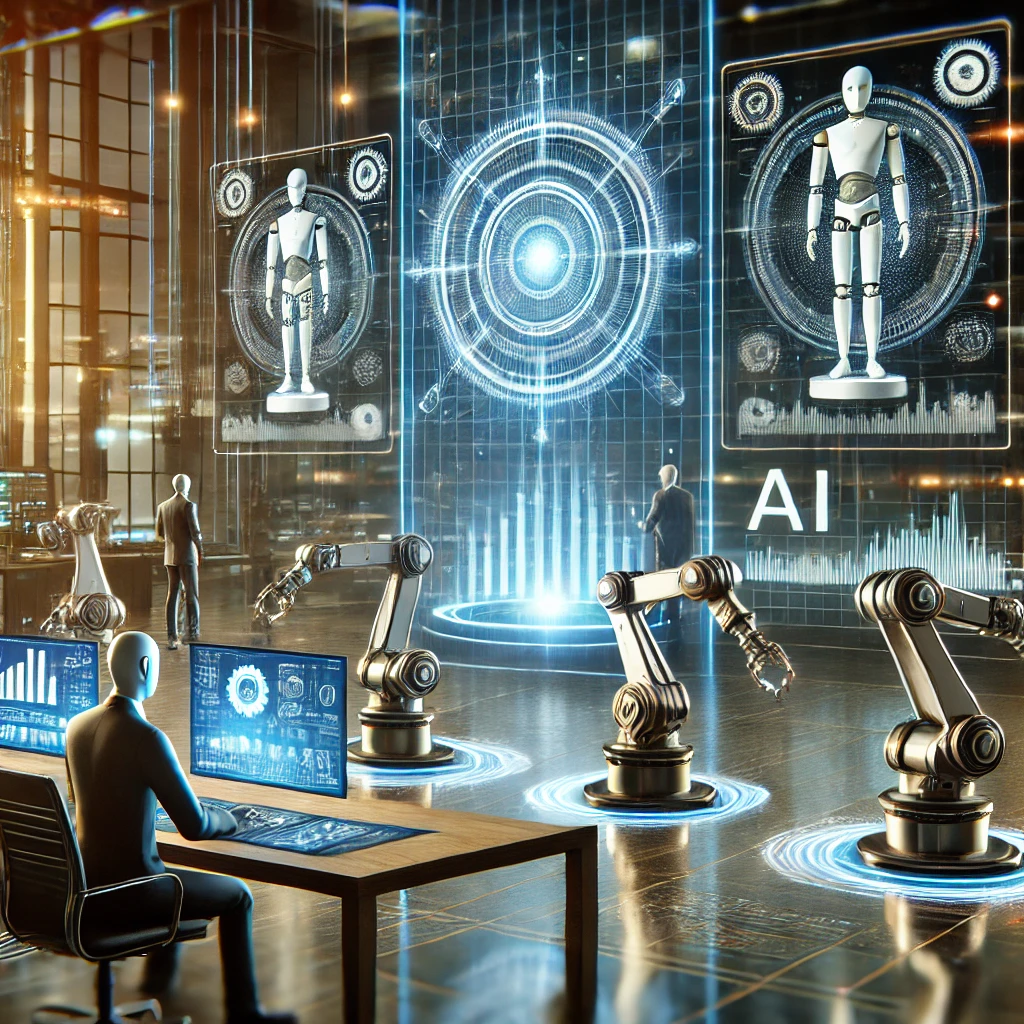
How AI Accelerates Business Growth and Reduces Costs
Artificial Intelligence (AI) is revolutionizing the business landscape by offering innovative solutions that enhance efficiency, automate processes, and drive significant cost savings. From small startups to large enterprises, AI-powered tools are transforming how businesses operate, compete, and grow.
1. AI in Process Automation
One of the most immediate and impactful uses of AI is process automation. Businesses can leverage AI-powered Robotic Process Automation (RPA) to handle repetitive and rule-based tasks that previously required human effort. Examples include:
- Invoice Processing – AI-driven automation tools can extract, verify, and process invoice data, reducing errors and time spent on manual entry.
- Customer Onboarding – AI automates identity verification, document processing, and account creation, improving customer experience and reducing onboarding time.
- HR and Payroll – AI simplifies recruitment by screening resumes and automating payroll processing, saving significant labour costs.
By automating these processes, businesses can free up human employees for higher-value tasks, increasing productivity and efficiency.
2. AI in Customer Support and Service
AI-driven chatbots and virtual assistants are reshaping customer service by offering 24/7 support, reducing wait times, and lowering customer service costs. AI-powered tools such as:
- Chatbots and Virtual Assistants – These can handle common customer queries, troubleshoot issues, and escalate complex cases to human agents when needed.
- AI-powered Call Centres – AI tools analyse speech and text to offer real-time responses, assisting agents with accurate information and reducing resolution times.
- Sentiment Analysis – AI can analyse customer feedback and online reviews to detect sentiments and improve service quality proactively.
By leveraging AI in customer service, businesses can enhance customer satisfaction while reducing labor costs and response times.
3. AI in Sales and Marketing
AI is revolutionizing sales and marketing by optimizing campaigns, predicting customer behavior, and automating lead generation. Some key applications include:
- Predictive Analytics – AI analyses historical customer data to predict future buying behaviour, enabling businesses to target the right audience with personalized offers.
- Automated Content Generation – AI-driven tools like GPT-powered chatbots can generate blog posts, social media updates, and email marketing campaigns, saving time and resources.
- Ad Optimization – AI platforms like Google Ads and Facebook Ads leverage machine learning to optimize ad placements and improve conversion rates.
- Dynamic Pricing – AI analyses market trends and competitor pricing to adjust product prices dynamically for maximum profitability.
With AI-powered marketing, businesses can reduce advertising costs while improving campaign effectiveness and customer engagement.
4. AI in Data Analytics and Decision-Making
AI-powered data analytics tools enable businesses to make data-driven decisions faster and more accurately. Key applications include:
- Business Intelligence – AI-powered tools analyse vast amounts of data to identify trends, generate insights, and suggest data-backed decisions.
- Risk Management – AI assesses potential risks in investments, fraud detection, and cybersecurity threats, helping businesses mitigate financial losses.
- Supply Chain Optimization – AI predicts demand, manages inventory, and optimizes logistics to reduce costs and prevent overstocking or understocking.
AI-driven analytics help businesses improve efficiency, reduce waste, and optimize resource allocation.
5. AI in Human Resources and Talent Acquisition
Recruitment and talent management can be costly and time-consuming, but AI streamlines these processes through:
- AI-Powered Resume Screening – AI tools analyse and rank resumes based on job descriptions, reducing hiring time.
- Employee Performance Monitoring – AI-driven tools track employee productivity, engagement, and well-being, helping HR teams make data-driven decisions.
- Training and Development – AI-powered learning platforms personalize training programs, enhancing employee skills while reducing training costs.
By leveraging AI in HR, businesses can enhance talent acquisition and workforce management while reducing administrative costs.
6. AI in Financial Management
AI is transforming financial management by automating accounting, fraud detection, and investment analysis. Key applications include:
- Automated Bookkeeping – AI tools like Xero and QuickBooks automate financial transactions, reducing errors and accounting costs.
- Fraud Detection – AI analyses transaction patterns to identify fraudulent activities and prevent financial losses.
- Investment and Forecasting – AI-powered financial models analyse market trends and predict investment opportunities, optimizing business growth strategies.
AI in financial management enhances accuracy, prevents fraud, and ensures better financial planning.
7. AI in Manufacturing and Operations
Manufacturing businesses are benefiting from AI-powered automation and predictive maintenance. Key applications include:
- Smart Manufacturing – AI-powered robotics automate assembly lines, reducing production costs and improving efficiency.
- Predictive Maintenance – AI predicts machine failures before they occur, reducing downtime and maintenance costs.
- Quality Control – AI-powered visual inspection detects defects in products, improving quality assurance.
AI-driven manufacturing solutions enhance productivity, reduce waste, and optimize operational costs.
8. AI in Cybersecurity and IT Management
AI strengthens cybersecurity by identifying and preventing cyber threats in real-time. Key applications include:
- Threat Detection – AI identifies unusual network activities and detects potential cyber-attacks before they escalate.
- Automated Security Patching – AI systems automatically update and patch security vulnerabilities, reducing IT maintenance costs.
- Fraud Prevention – AI monitors transactions and detects fraudulent activities, minimizing financial losses.
By implementing AI-driven cybersecurity solutions, businesses can reduce security risks and avoid costly data breaches.
Conclusion
AI is no longer a futuristic concept but a critical tool for businesses looking to scale efficiently while cutting costs. By integrating AI into various aspects of operations, businesses can automate processes, enhance decision-making, improve customer experiences, and optimize financial management.
From AI-powered automation to intelligent analytics, the potential for AI in business growth is limitless. As technology advances, businesses that embrace AI will stay ahead of the competition, reduce operational costs, and accelerate growth in an increasingly digital world. Investing in AI today is not just an option but a necessity for future success.





